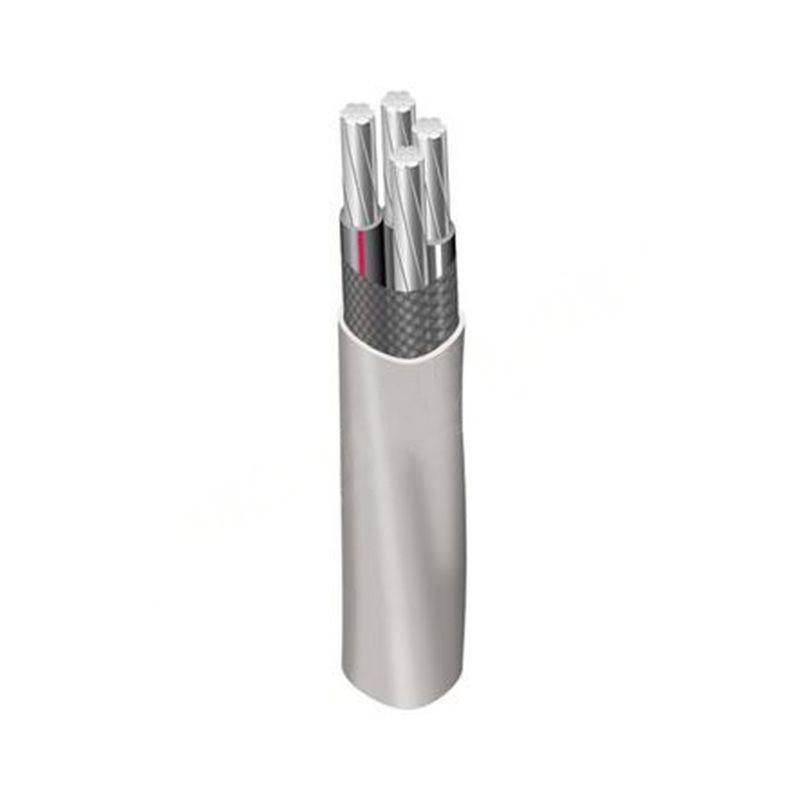ഡിസം . 12, 2024 19:06 Back to list
casting ball valve
Casting Ball Valve An Essential Component in Modern Piping Systems
In the ever-evolving world of industrial applications, the importance of reliable and efficient flow control cannot be overstated. One critical component that plays a pivotal role in this context is the casting ball valve. Known for its simple design, robust construction, and reliable performance, casting ball valves are widely used in various industries, including oil and gas, water treatment, chemical processing, and manufacturing.
What is a Casting Ball Valve?
A casting ball valve is a type of quarter-turn valve that uses a spherical disc, or ball, to control the flow of liquids and gases. The design consists of a hollow ball with a hole through its center. When the valve is open, the hole is aligned with the flow direction, allowing substances to pass through. When the valve is closed, the ball is turned 90 degrees, blocking the flow. This straightforward mechanism makes ball valves particularly effective for quick shut-off applications.
The term casting refers to the manufacturing process of the valve body, which is typically made from metal alloys, polymers, or other materials. Casting allows for more complex shapes and features compared to other manufacturing processes, resulting in a valve that is both strong and durable. Common materials used for casting ball valves include stainless steel, carbon steel, and brass, each offering unique advantages in terms of corrosion resistance, strength, and cost.
Advantages of Casting Ball Valves
1. Durability One of the standout features of casting ball valves is their inherent strength and robustness. The casting process produces a dense, solid structure that can withstand high pressures and temperatures. This durability ensures that the valves can operate effectively in demanding environments without the risk of failure.
2. Low Pressure Drop Because the ball valve's design allows for streamlined flow with minimal obstructions, these valves typically have a lower pressure drop compared to other valve types. This characteristic makes them ideal for applications requiring efficient flow, as they minimize energy loss and maintain system efficacy.
3. Quick Operation The quarter-turn mechanism of ball valves allows for rapid opening and closing, making them suitable for applications where quick response times are vital. Operators can easily shut off flow with a simple turn of the handle, greatly enhancing operational efficiency.
4. Versatility Casting ball valves can be used in a wide range of applications, including applications involving gases, liquids, and even slurries. Their compatibility with various media makes them an invaluable asset for many industries.
casting ball valve

5. Leak-Proof Design With proper seals and maintenance, casting ball valves can provide a leak-proof operation, which is crucial for preventing material loss and maintaining environmental safety. Their seating surfaces and design help provide tight shut-off capabilities.
Applications of Casting Ball Valves
Due to their versatile nature, casting ball valves are utilized in various sectors.
- Oil and Gas Industry They are extensively used for controlling the flow of crude oil, natural gas, and other petroleum products. Their ability to withstand high pressures and corrosive substances makes them ideal for upstream and downstream operations.
- Water Treatment These valves are critical in water treatment facilities, where they help regulate flow within various filtration and treatment processes.
- Chemical Processing In chemical plants, casting ball valves are used to handle various chemicals safely, ensuring that flow control is maintained even in highly corrosive environments.
- Manufacturing Many manufacturing processes, including those in the food and beverage sector, utilize casting ball valves to ensure precise flow control of fluids.
Conclusion
In summary, casting ball valves are an essential component in the modern industrial landscape, offering a unique combination of durability, efficiency, and versatility. Their ability to provide reliable flow control in various applications makes them a preferred choice among engineers and operators alike. As industries continue to evolve, the demand for robust and efficient flow control solutions will undoubtedly keep casting ball valves at the forefront of technology in fluid handling systems. Their significant role underscores the importance of investing in quality components to ensure operational success and safety in various industrial applications.
Share
-
Reliable Wafer Type Butterfly Valves for Every IndustryNewsJul.25,2025
-
Reliable Flow Control Begins with the Right Ball Check ValveNewsJul.25,2025
-
Precision Flow Control Starts with Quality ValvesNewsJul.25,2025
-
Industrial Flow Control ReliabilityNewsJul.25,2025
-
Engineered for Efficiency Gate Valves That Power Industrial PerformanceNewsJul.25,2025
-
Empowering Infrastructure Through Quality ManufacturingNewsJul.25,2025


